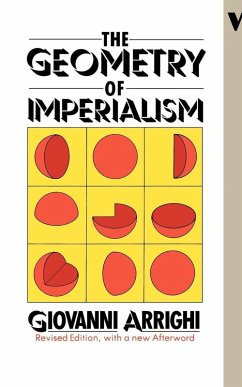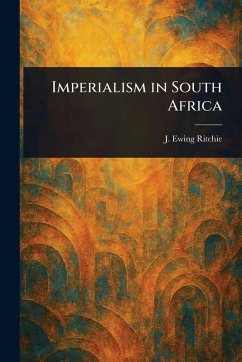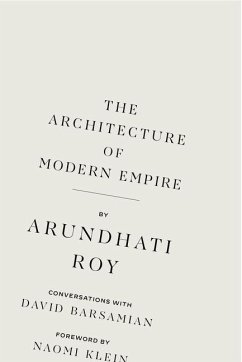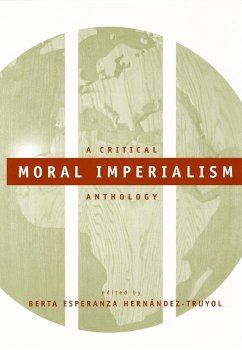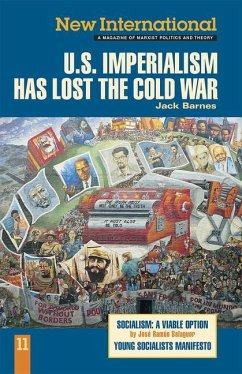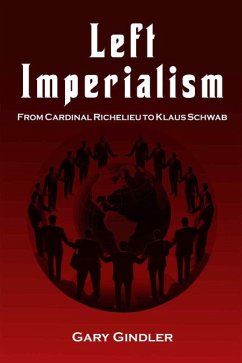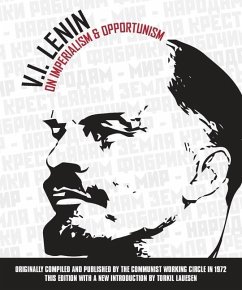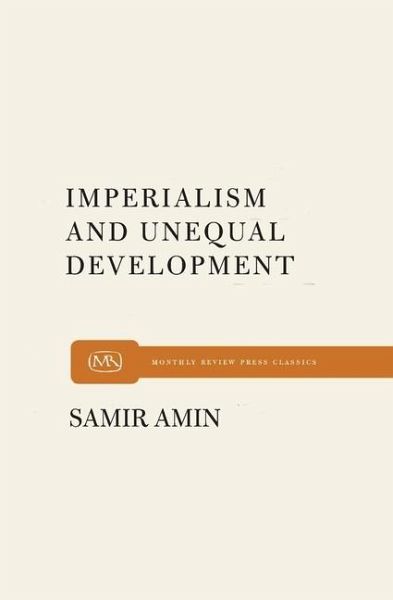
Imperialism and Unequal Development
Versandkostenfrei!
Versandfertig in über 4 Wochen
28,99 €
inkl. MwSt.

PAYBACK Punkte
14 °P sammeln!
The societies of the dominated periphery no longer can wait, said the great Egyptian economist Samir Amin, over half a century ago in the lively and readable book, Imperialism and Unequal Development. "With every passing year, the material conditions of their vast masses becomes more intolerable, which the palliatives of capitalist integration becomes increasingly worthless," he continued, while noting that, in response to this acute and prolonged suffering, the renaissance of Marxism also characterized the very same years in which he wrote. This Marxist renaissance originated in those parts o...
The societies of the dominated periphery no longer can wait, said the great Egyptian economist Samir Amin, over half a century ago in the lively and readable book, Imperialism and Unequal Development. "With every passing year, the material conditions of their vast masses becomes more intolerable, which the palliatives of capitalist integration becomes increasingly worthless," he continued, while noting that, in response to this acute and prolonged suffering, the renaissance of Marxism also characterized the very same years in which he wrote. This Marxist renaissance originated in those parts of the world, he showed, have been and continue to be the scene of decisive revolutionary struggles-that is, in the exploited and oppressed periphery of the world capitalist system, primarily, Asia, Africa, and Latin America. With the freshness and originality that readers came to expect from Amin Imperialism and Unequal Development dealt with an extraordinarily wide range of topics, from "Historical Materialism: Capitalism and Socialism" and "Imperialism and Underdevelopment," to "Problems of Transition and the Construction of Socialism." Pointing to the relationship between regions at the frontlines of capitalist and neocolonial degradation, and the renaissance in Marxist thought, Amin argued that Marxism has always been "neither an economic theory, a sociological theory, nor a philosophy, but the social science of revolutionary socialist praxis."



